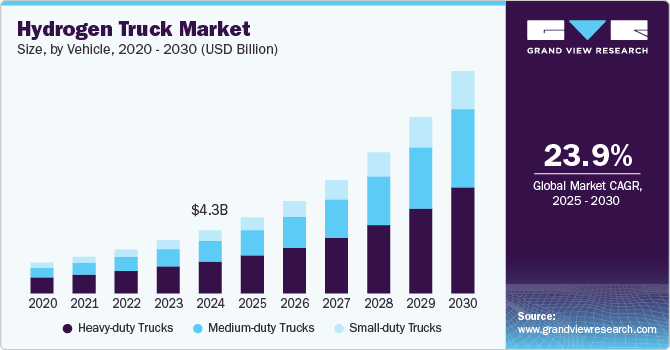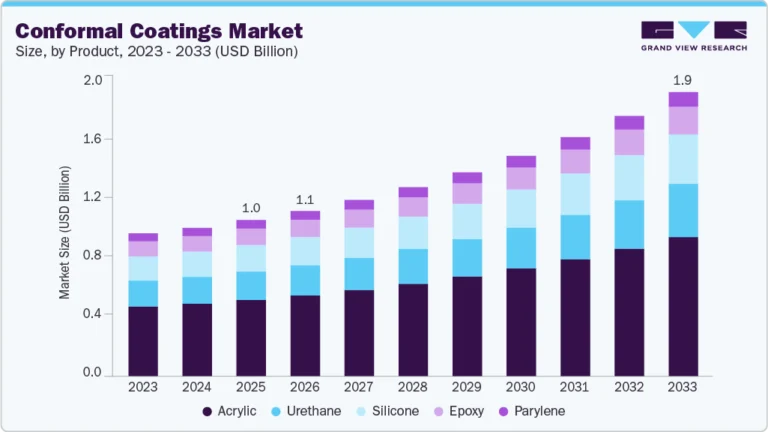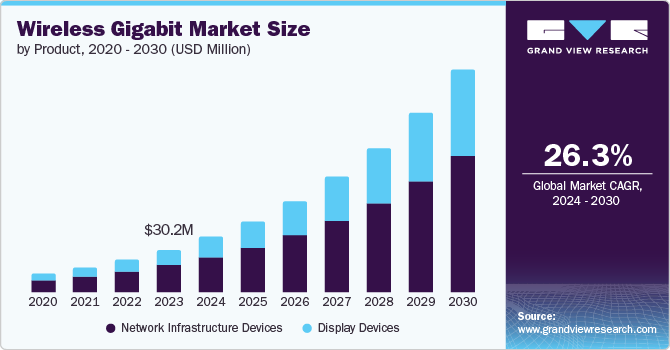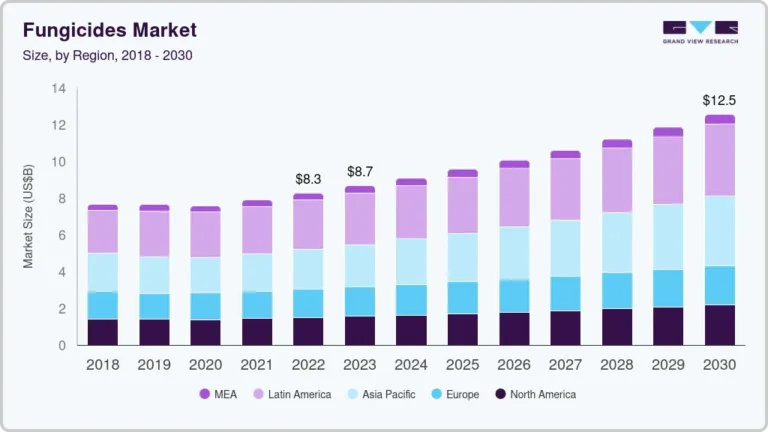Hydrogen Truck Market Size, Share & Trends Analysis growing at a CAGR of 23.9% from 2025 to 2030

The global hydrogen truck market size was estimated at USD 4,290.1 million in 2024 and is projected to reach USD 15,101.6 million by 2030, growing at a CAGR of 23.9% from 2025 to 2030. Governments and regulatory bodies globally are implementing stringent emissions standards to combat climate change and reduce greenhouse gas (GHG) emissions.
Key Market Trends & Insights
- In terms of region, Asia Pacific was the largest revenue generating market in 2024.
- Country-wise, China is expected to register the highest CAGR from 2025 to 2030.
- In terms of segment, heavy-duty trucks accounted for a revenue of USD 2,574.1 million in 2024.
- Medium-duty trucks is the most lucrative vehicle type segment registering the fastest growth during the forecast period.
Market Size & Forecast
- 2024 Market Size: USD 4,290.1 Million
- 2030 Projected Market Size: USD 15,101.6 Million
- CAGR (2025-2030): 23.9%
- Asia Pacific: Largest market in 2024
Request a free sample copy or view report summary: https://www.grandviewresearch.com/industry-analysis/hydrogen-truck-market-report/request/rs1
Traditional diesel-powered trucks are significant contributors to air pollution, prompting policymakers to promote the adoption of cleaner alternatives. Hydrogen trucks, which produce only water vapor as a byproduct, are emerging as a key solution to meet these regulatory requirements. This regulatory push is a critical factor driving investments in hydrogen truck technology and infrastructure.
In addition, the global push towards sustainability is driving businesses to adopt greener transportation solutions. Fleet operators and logistics companies are increasingly prioritizing vehicles that align with their environmental, social, and governance (ESG) goals. Hydrogen trucks offer a zero-emission alternative that meets these objectives, making them an attractive option for companies seeking to reduce their carbon footprint while maintaining operational efficiency.
Technological advancements in hydrogen fuel cell technology have significantly improved the performance, efficiency, and cost-effectiveness of fuel cell systems, addressing challenges such as energy density, durability, and scalability. One key development is the enhancement of energy density, which allows fuel cells to generate more power relative to their size. This has led to the creation of more compact systems that can be integrated into existing truck platforms without compromising payload capacity or operational efficiency. These improvements make hydrogen-powered trucks a more practical alternative to traditional internal combustion engine vehicles in commercial and industrial applications. In September 2023, Nikola Corporation launched its hydrogen fuel cell electric truck at its manufacturing facility in Arizona, U.S. The event featured demonstrations, sustainability discussions, and production line tours. The truck offers a range of up to 500 miles and refueling in approximately 20 minutes.
As countries seek to reduce their reliance on fossil fuels and enhance energy security, hydrogen is emerging as a key component for their energy diversification strategies. Hydrogen trucks not only support the transition to renewable energy but also help mitigate risks associated with fluctuating oil prices and supply chain disruptions. This growing focus on energy diversification is further boosting the demand for hydrogen trucks worldwide.





